Leaders with a longterm view on the pandemic practiced empathy
When the Maharashtra State Government announced a partial lockdown on April 14 and later a complete lockdown, many companies were already prepared to transition their employees to a remote working model while others dragged their feet. The second wave of the coronavirus spread has wreaked havoc with four lakh fresh cases and 4,000 mortalities daily. Many agencies have given an off to their employees, provided access to medical care and even sent food and other provisions to employees that are living apart from families. Despite devastation to businesses, many companies have shown empathy and slowed down so that employees may grapple with their personal challenges. The need for an empathetic workplace culture has been brought to the focus.
Also read: Empathy at the workplace comes to the forefront during COVID-19 second wave
Adgully organised a Twitter Chat on Friday, May 7, 2021, to understand the ‘Employee-Organisation Relationship – Moving forward in post-Covid world’ and sought to identify the new dynamics between employer and employees during the height of the second wave.
Joining the discussions were:
Ameer Ismail, President, Lintas Live
Bansi Raja, Chief Happiness Officer, Gozoop
Dr. Ranjit Nair, CEO, Germin8
Ritesh Singh, Co-Founder & MD, ARM Worldwide
Siddharth Devnani, Director, SoCheers
Srinivas B Vijayaraghavan, Vice President – Marketing, Gupshup
Tarunjeet Rattan, Managing Partner, Nucleus PR
Companies step up
While workplaces were able to transition to remote working much quicker, they launched additional initiatives as well.
Nucleus PR’s Tarunjeet Rattan said, “We onboarded a psychologist to talk to each employee to help them manage stress, fear, responsibilities and a general sense of overwhelming helpless anger. We also struck deals with our own clients in the healthcare space to help our employees first.”
ARM Worldwide’s Ritesh Singh said, “We have implemented a 4-day work week from May 15-June 15 for tackling mental health. We’ve also created fitness groups, where we hold exercise sessions every day.”
Adding further, he said, “We have restricted layoffs and enhanced the medical insurance coverage for our workforce. Additionally, appraisals are being rolled out and those in need are receiving their salaries in advance.”
Germin8’s Dr. Ranjit Nair said, “The first obvious thing we did was support for those who tested positive in terms of arranging for things to be delivered to them, finding hospital beds, ensuring cashless usage of group insurance for emergency finance. Then we decided on Covid leave for anyone who tests positive and is symptomatic or needs to take care of a dependent that is unwell. Covid leave doesn’t count towards earned leave. Finally, we’re conducting a vaccination drive by tying up with a Mumbai hospital for all employees and their family members under the age of 45.”
Gozoop’s Bansi Raja said, “I am proud to say that Gozoop announced no Covid related job losses as early as March 2020. We were the first in the advertising industry to announce performance appraisals last year in July 2020. We’ve also created a Rs 75 crore Covid relief fund to provide financial aid to Gozoopers in need and serve the community.”
LintasLive’s Ameer Ismail said, “We have pulled together agency resources like HR and our Lintas Employee Welfare Trust, who have stepped up to provide support and assistance, including financial support.”
Many agencies adopted the long view towards the pandemic and have asked their employees to continue working from home even in 2021.
A long runway for return to office
SoCheer’s Siddharth Devnani remarked, “We ensured that relocation to hometowns was smooth – assuring long heads-up before asking them to back to Mumbai, ramping up IT support and ensuring we are up to date fairly frequently with their locations.”
Commenting on facing the second wave, he said, “We never moved back to office! We are embracing the complete remote model.”
Raja added here, “Having benefited from the counsel of pandemic experts and medical professionals, we were clear that we would only return to office once herd immunity is reached through the vaccinations.”
Nair said, “Unlike some companies, we had not yet returned to office. We were to start from a physical office from April, but when the numbers rose in late February and early March, we extended our work from home model to an unspecified date.”
GupShup’s Srinivas noted, “The first wave took everyone by surprise and work cultures had to change overnight. We had seen the transition of employees to their hometowns and were able to strike a balance between office work and home work. So, for the second wave we were prepared with remote on boarding and training processes.”
He further said, “Our platform sends six billion messages a month; that’s 2,314 messages a second! So, running that infrastructure with a hybrid workforce was a huge learning for us and we were ready for a repeat of the wave.”
Ismail said, “Our WFH model has now been tried and well tested without any loss of productivity. While the intensity of this wave came as a surprise to most of us, our teams were well adjusted to remote working and even virtual meetings and pitches.”
Adding further, he said, “We will transition to a hybrid model once we get our employees vaccinated.”
Leaders with an uncompromising view of employee welfare were able to take better decisions for the long term and protect their employees from the more virulent second wave. They set personal benchmarks like waiting for herd immunity or ensuring all employees are vaccinated before asking them to return to work.
Aligning external stakeholders
Often businesses had to make tough calls, let go of uncompromising clients and tapping into their reserves to stay afloat.
Ismail stated, “I called and emailed each of our clients personally and shared the current situation and the decisions we had taken to put employee welfare first. I was amazed at the responses I received from clients. Clearly, they all were concerned but the empathy, understanding and offering of support was totally unexpected.”
Raja said, “We sent communications to all our clients and largely they have been mindful. Where needed, we have had a one on one conversation with the client and have never shied away from making tough calls on business if they aren’t in line with our values.”
Singh said, “Earlier, P&L has been the focus of maximum leaders, but this year is different. Leaders need to look at the reserve and surplus in the balance sheet and everything will fall into place.”
Nair commented, “Some clients demanded discounts and growth was slower than we would have liked, but things like branching out to new foreign markets worked for us.”
Rattan said, “Having a good mix of verticals and balanced portfolio of clients help you survive a crisis. It helped us branch out into digital, tech, healthcare and hygiene, who needed to manage their reputation in this time of crisis.”
Devnani concurred, adding, “Mix of clients from different verticals really worked to our advantage early on – we had a set of clients that went on hiatus, but some scaled up. This ensured while we settle in the new normal the cashflows were sustained.”
Policy and practice
While all organisations have put a policy in place in response to the pandemic situation, practice is another matter altogether. Business pressures often encourage managers to flout policy and take risky bets. Unfortunately, such bets give rise to a toxic workplace culture and result in deteriorating health of employees.
Raja noted, “Coincidentally, I was just speaking with our Founder and Vice President on one of our defined policies which needs more last-mile practice. While it's obvious that great leaders drive a vision or a policy, having systems and review processes in place ensures implementation. Great people supported by great systems go a long way in ensuring that important policies are executed well.”
Devnani added here, “We are a lean team and relatively flat. This really helps the company’s team heads debate, define, rollout policy and implement it too. Flexibility and a de-centralized ownership is the key to navigating a VUCA (Volatile, Uncertain, Complex and Ambiguous) world.”
Ismail opined, “Culture at the workplace is the most important hidden asset that any organisation possesses. It is the secret sauce of any agency and needs to be curated and nurtured. It’s what makes people in our business get motivated to go from being good to great.”
While agencies are giving leeway to their employees to attend to the urgent and important duties during the pandemic, the leaders are clear that work for clients will continue to be a strong focus. While priorities are being reset the intention is to bounce back stronger and deliver great work.
For more updates & collaboration, connect us on :





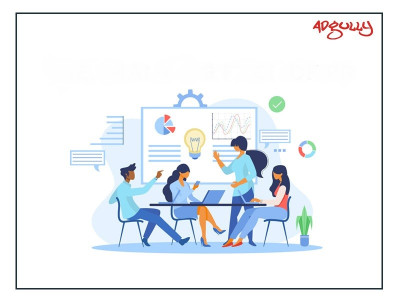

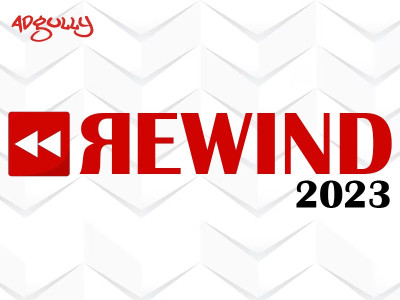


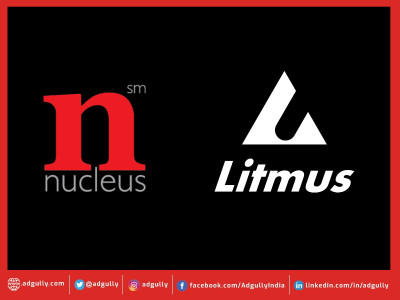

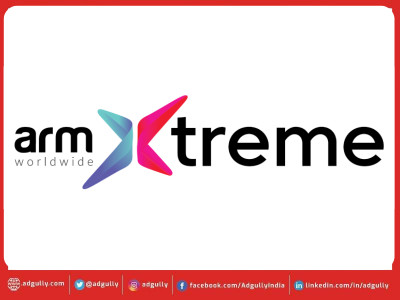

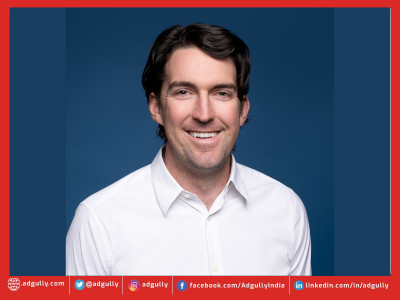

Share
Facebook
YouTube
Tweet
Twitter
LinkedIn